
The Art of Non-Alcoholic Spirits
blog
For decades, spirits and cocktails have fostered a culture of craft, connection, and celebration. But over time, cocktail culture has evolved far beyond the buzz!
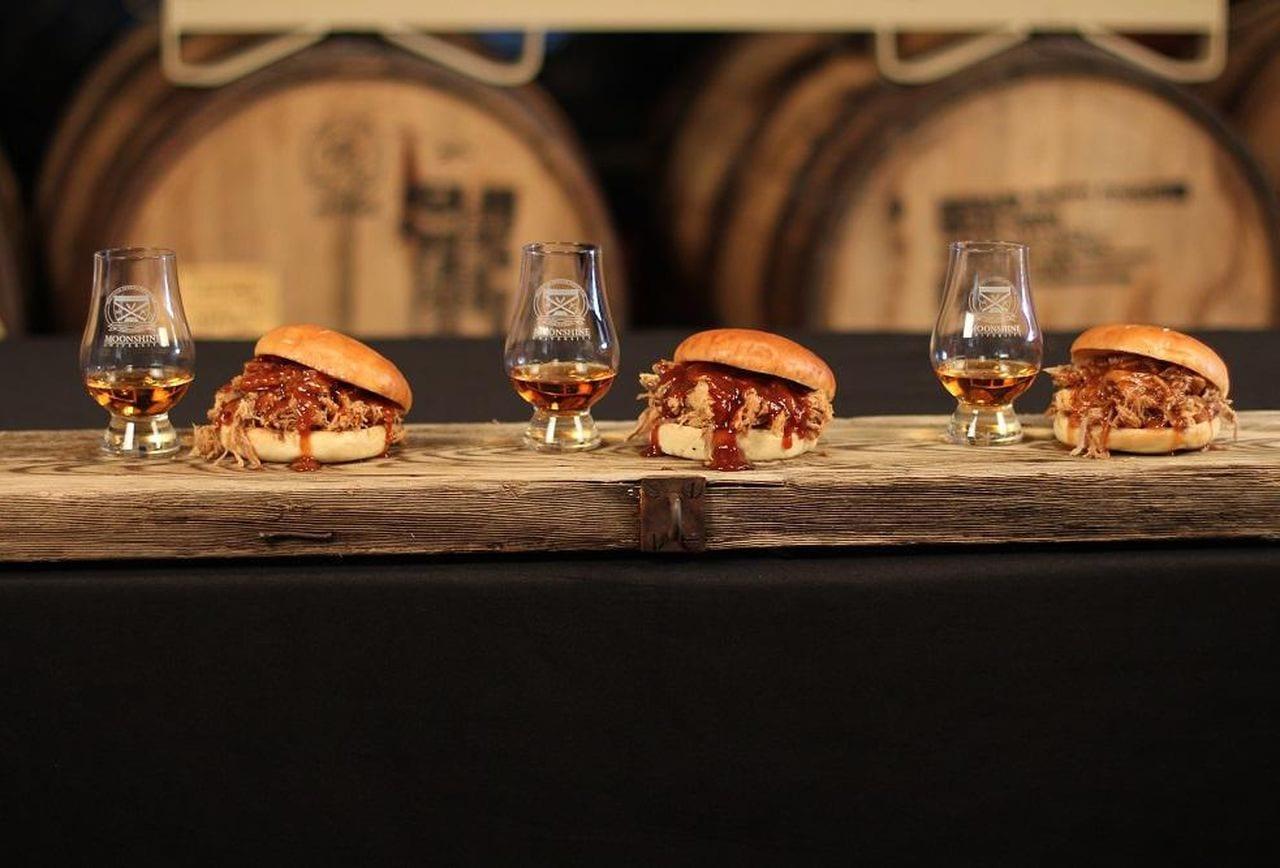
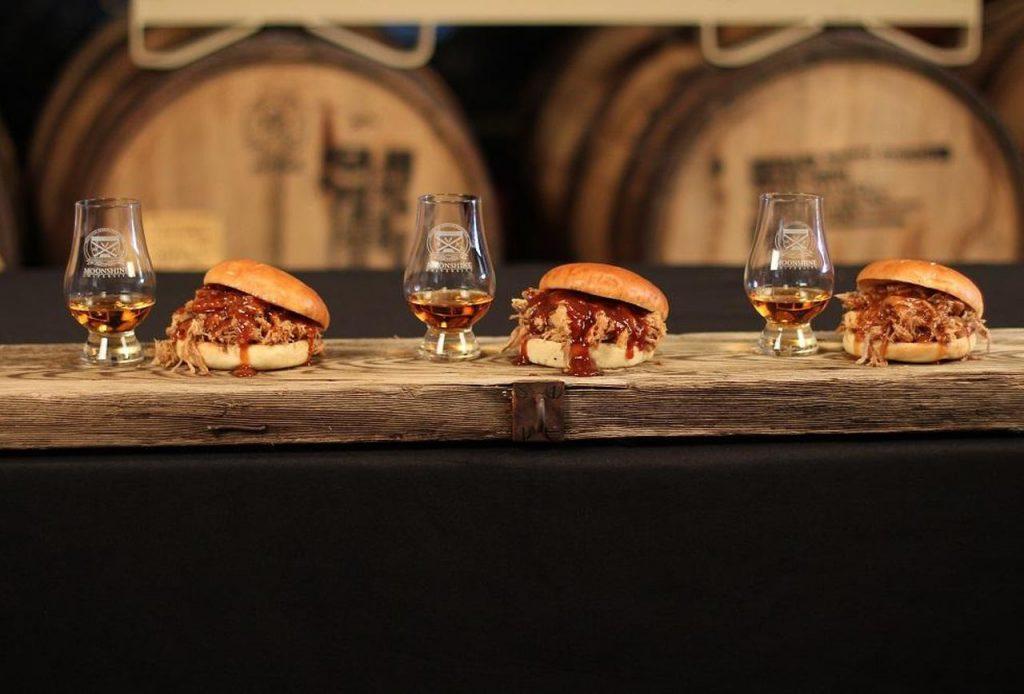
The air gets a little smokier in May as Americans fire up the grill for National Barbecue Month. For this summertime exercise, the team at Moonshine University, the epicenter of bourbon, looked at BBQ sauces from all over the US and did a big taste testing to see which bourbons paired the best with each sauce. Let that stew in your work jealousy for a while. The Moonshine team tried each sauce with both pork and chicken and then narrowed down what bourbons to match to based off the initial tasting notes of the sauce. Here are Moonshine University's top BBQ & bourbon pairings.
Alabama White Sauce: This mayonnaise-based sauce hails from northern Alabama. Beyond mayo, this sauce includes apple cider vinegar, sugar, salt, and black pepper. We found the sauce to be very mayonnaise forward, much like ranch dressing with a slight vinegar tinge.
South Carolina Mustard Sauce: This sauce, as the name would indicate, is a mustard-based sauce instead of your typical ketchup or tomato base. The flavor profile is like many of the red barbecue sauces, sweet and spicy. We loved this sauce. It was slightly sweet, a little tangy, and carried a nice balance between apple cider vinegar and mustard. It was loudly exclaimed by a member of the tasting panel, "Ain't nothing wrong with that sauce!"
Texas BBQ Sauce: While Texas has many different regions that all prepare their meat differently, we're going to focus on the sauce. Texas BBQ sauce is one of the styles people traditionally think of when they think of BBQ sauce. It's a tomato-based sauce sweetened with molasses or brown sugar. The sauce we ended up with was a mild sauce and not very spicy at all. It was very tomato forward with black pepper and other spices coming in mid-palate and leaving us with a spicy finish.
North Carolina BBQ Sauce: The Carolinas know their BBQ and it's evident by the showing of 3 different styles of sauces on this list. The ketchup-based version would fall under the realm of a ‘traditional' type of sauce. This particular sauce was very sweet, had notes of molasses and was mild, but had a rich umami, or meaty, character to it.
Eastern Carolina BBQ Sauce: This other offering from the Carolinas comes from the coast. This vinegar-based sauce is generally spicy. Starting with vinegar instead of ketchup, this sauce is much thinner than all the others on this list, however, everyone on the tasting panel was a big fan of spicy and a big fan of this sauce. It was vinegary, hot, spicy, bold with big flavors. Overall a great and well-balanced sauce.
Memphis BBQ Sauce: Memphis knows a thing or two about BBQ as well and is one of the most popular styles of BBQ. This sauce is a ketchup-based sauce that is generally sweet, peppery and a little peppery. Everyone enjoyed this style of sauce quite a bit. It hit every part of the mouth with a good flavor and it had a wide breadth of characteristics, not to mention the really nice pepper and coriander notes.
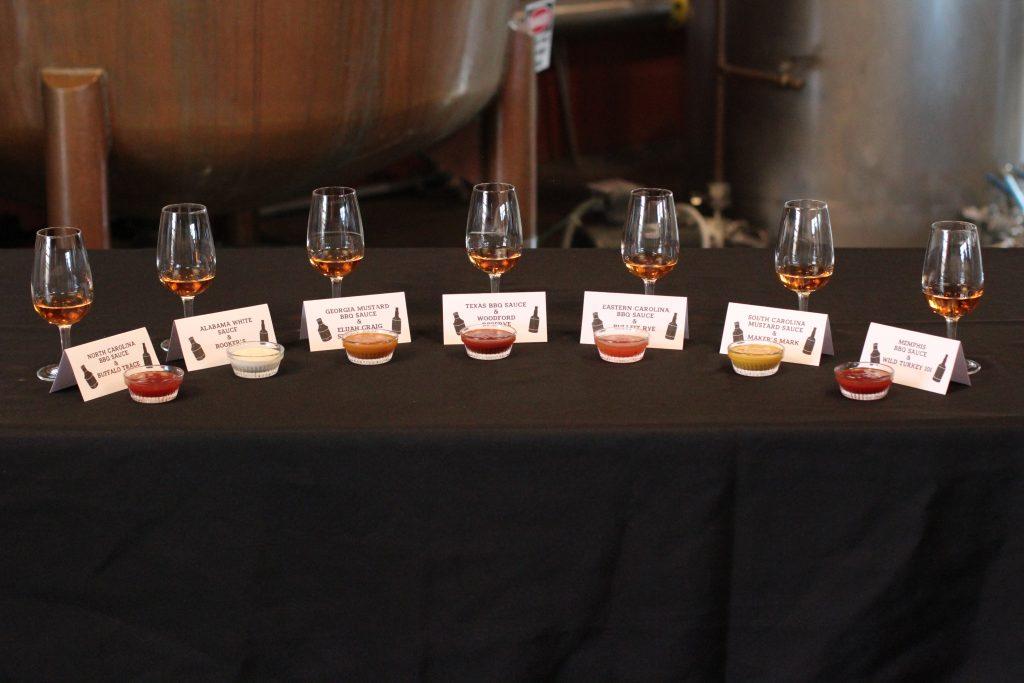
The debate about which region has the best BBQ will carry on for years to come. Personally, we like them all. But the same debate happens in the bourbon industry as well. Again, no favorites here. But the Moonshine U tasting panel tried to find common ground by pairing two of our favorite things together into something we can all agree on: BBQ & bourbon. Cheers to National BBQ Month!

blog
For decades, spirits and cocktails have fostered a culture of craft, connection, and celebration. But over time, cocktail culture has evolved far beyond the buzz!
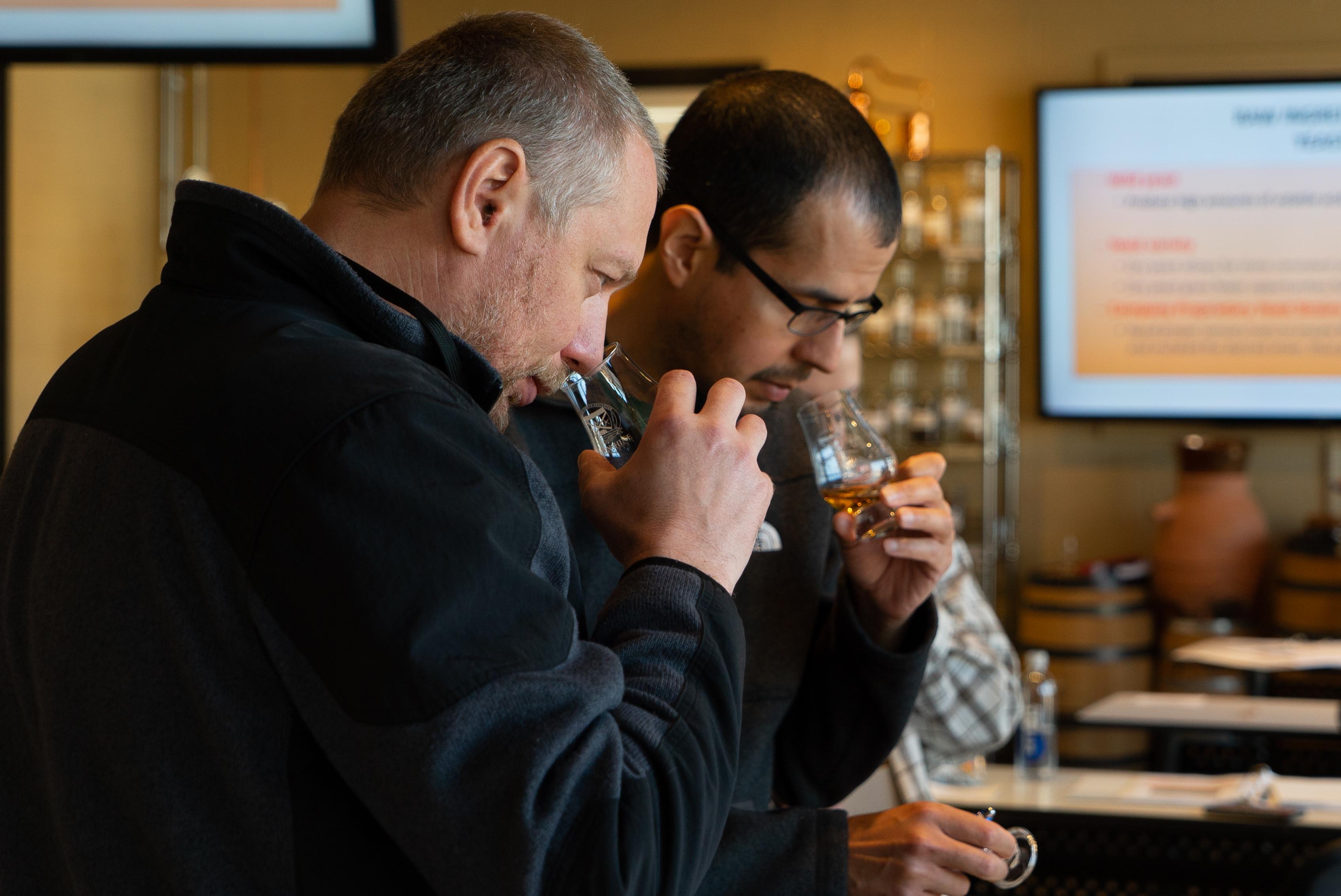
blog
Those that are familiar with the process of crafting distilled spirits may also be familiar with the 10 common congeners that are created during fermentation, and honed during the distillation run. Each congener has its own distinct personality, rendering unique tastes and aromas to the finished spirit.
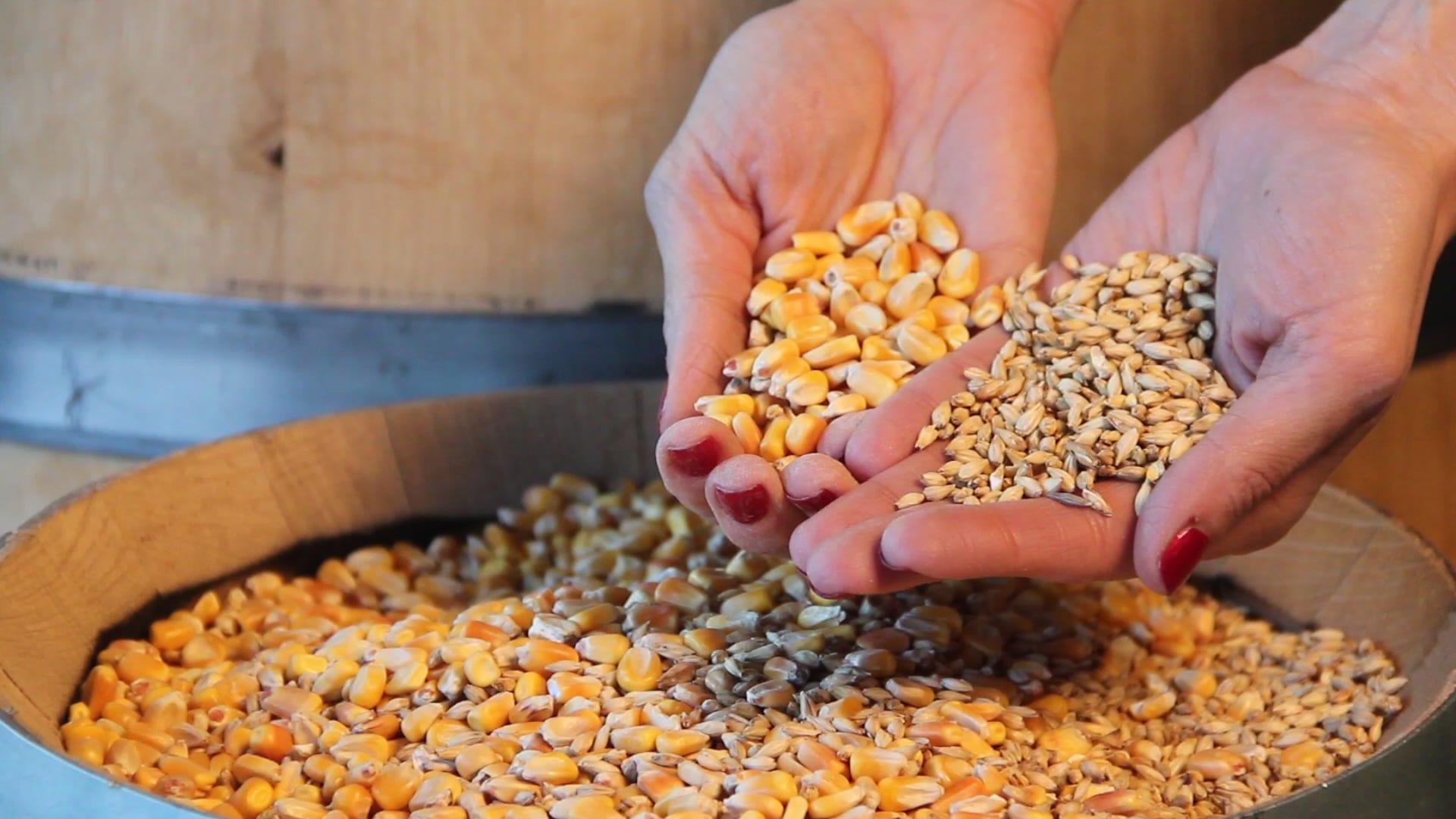
blog
So, you want to start distilling with freshly milled grain. Maybe you're tired of paying top dollar for the pre-milled stuff from the malt distributor, and you're ready to invest in the quality, efficiency, and bulk pricing that comes with milling your own whole grain. But where do you start?